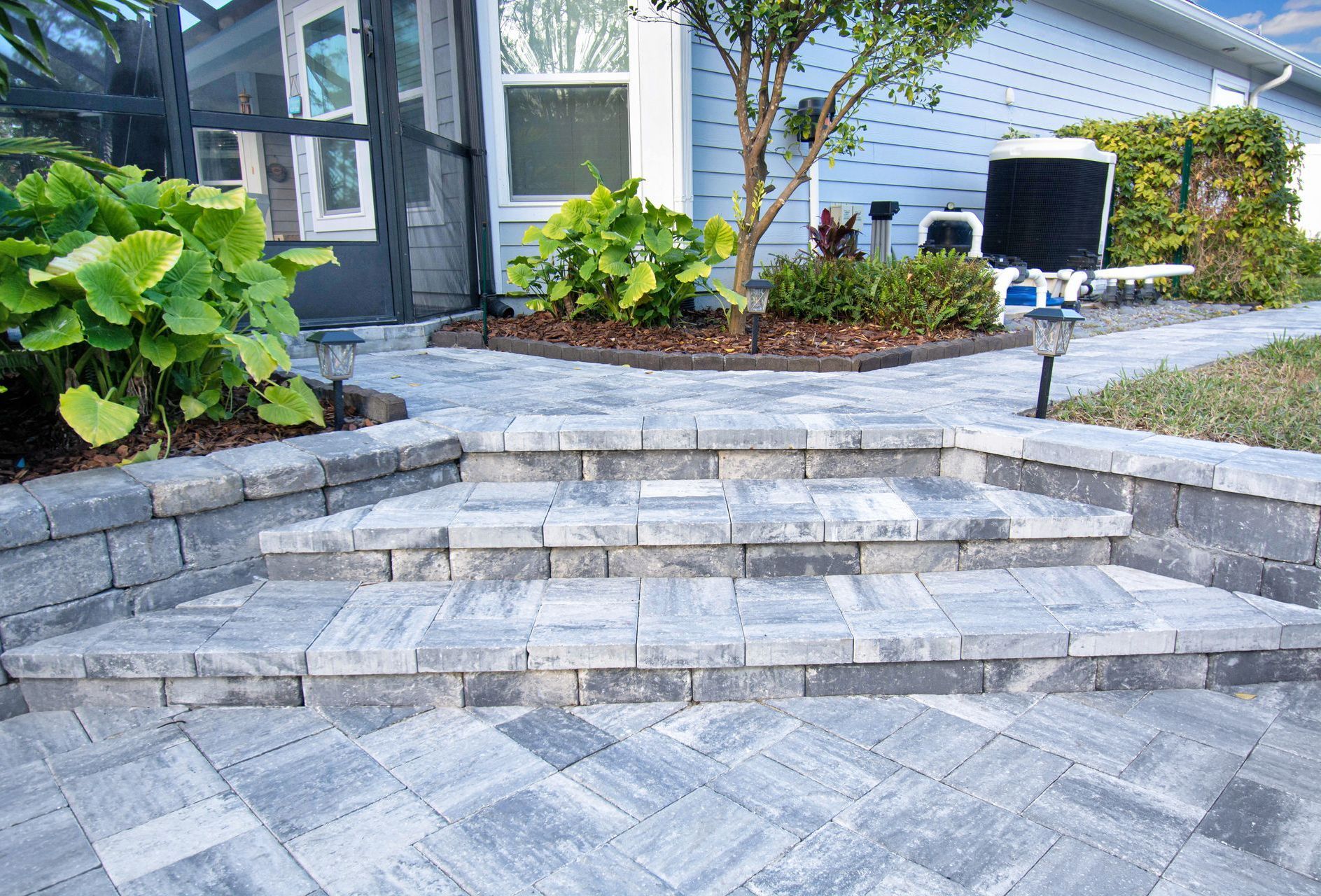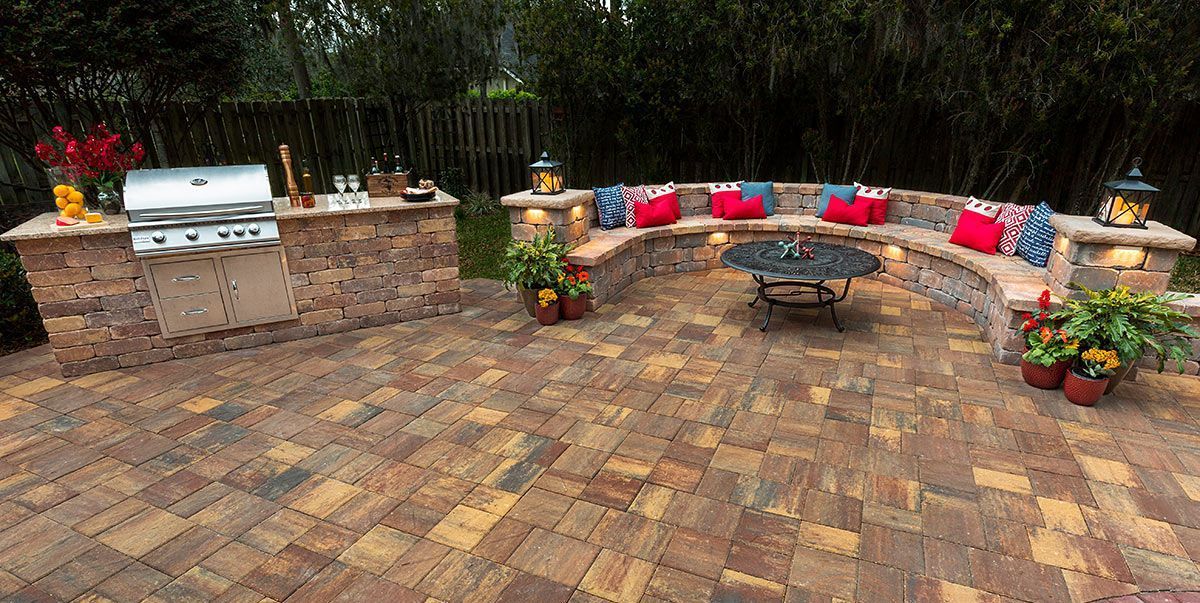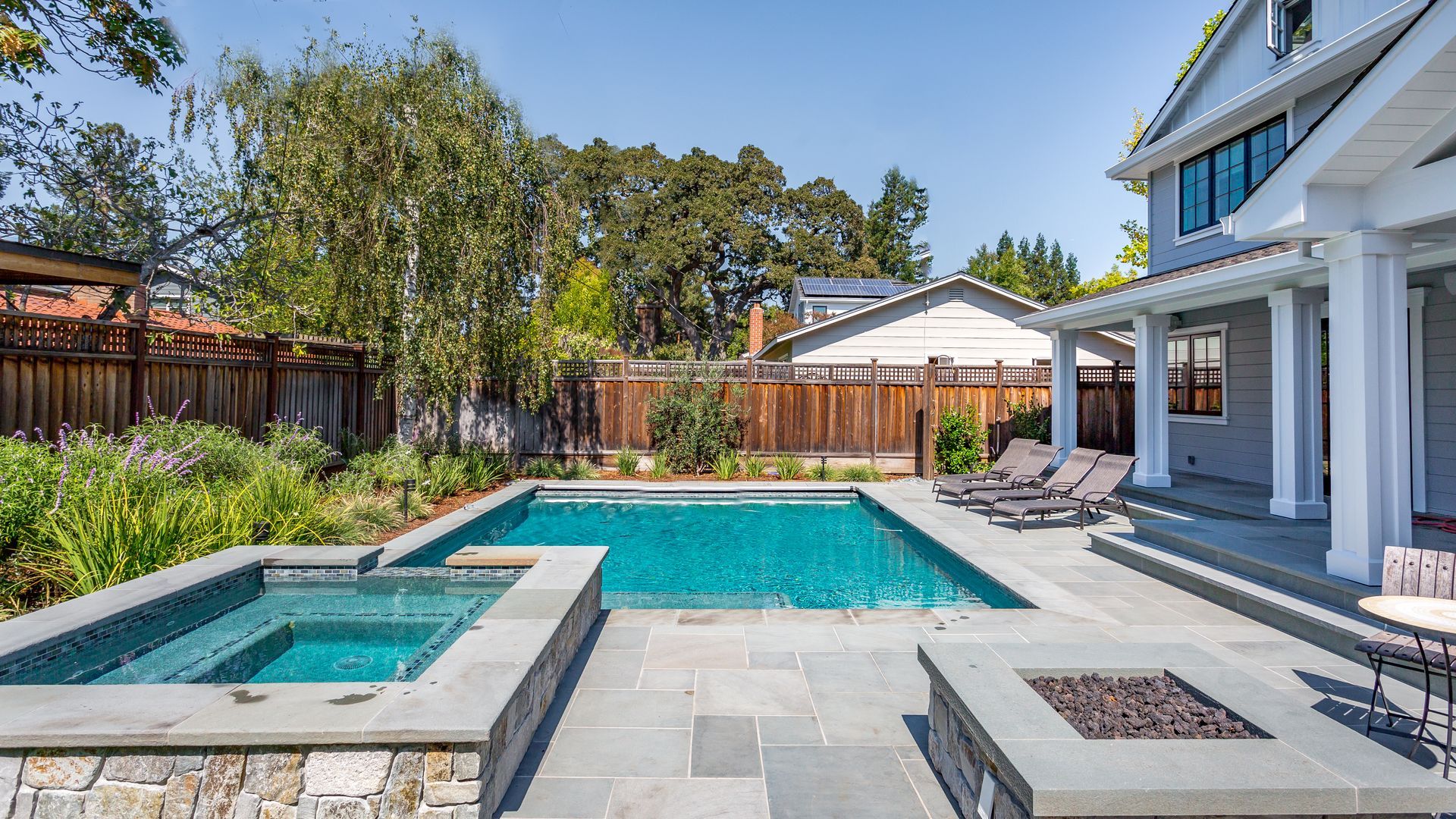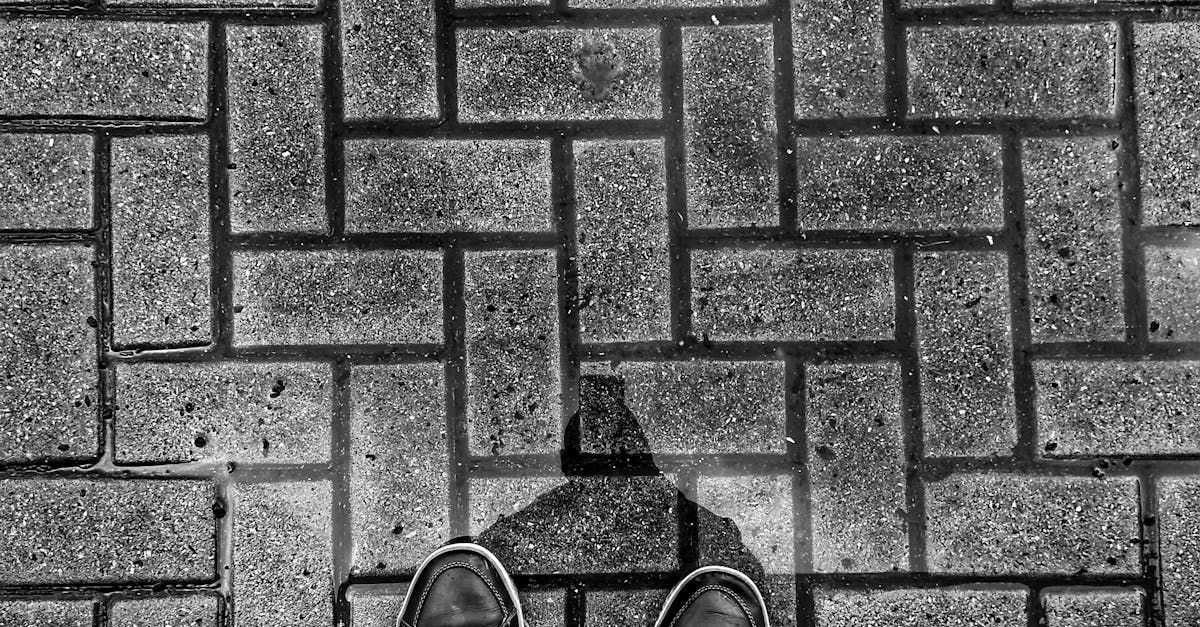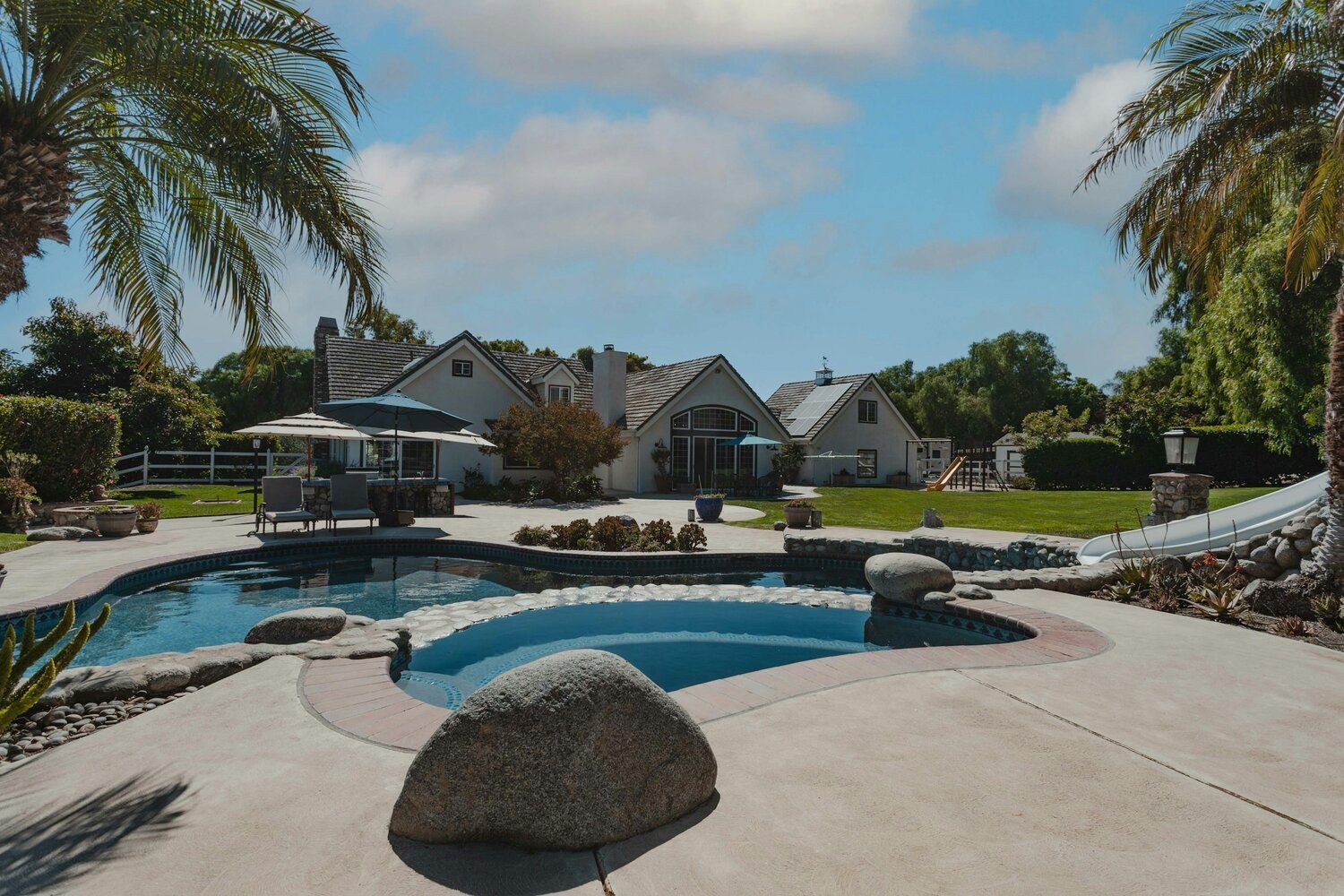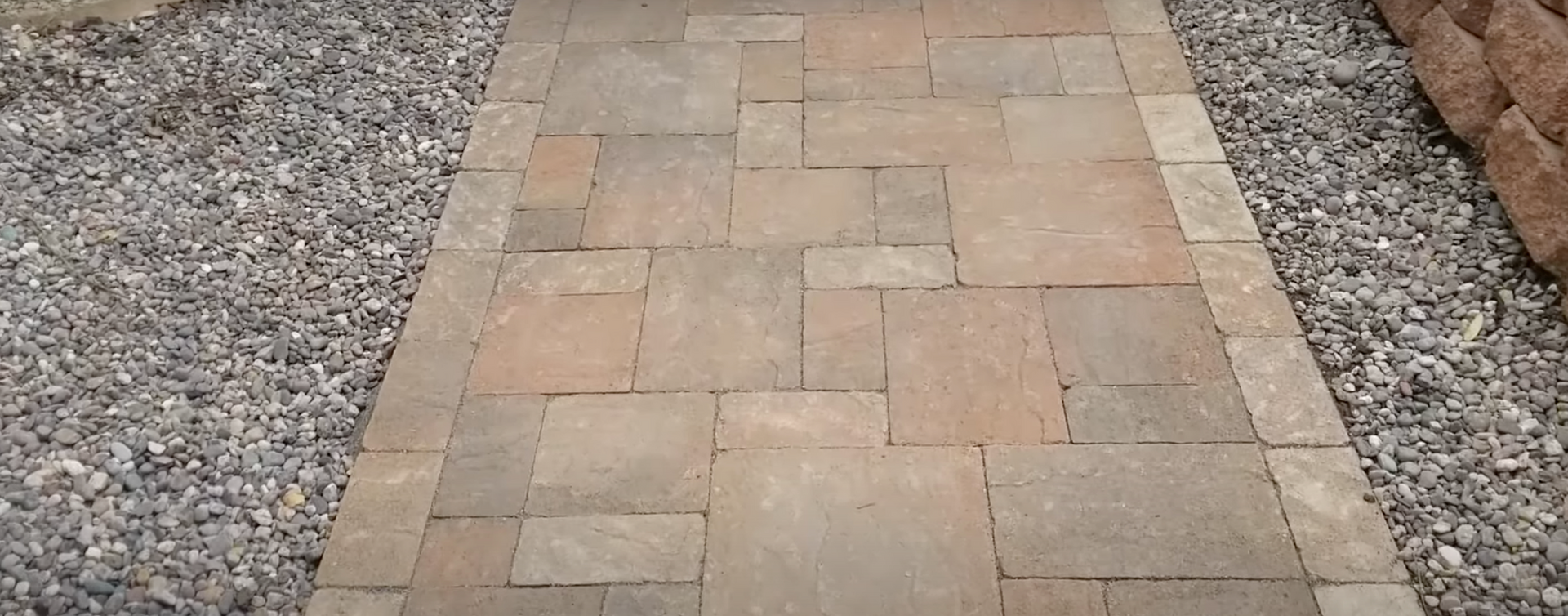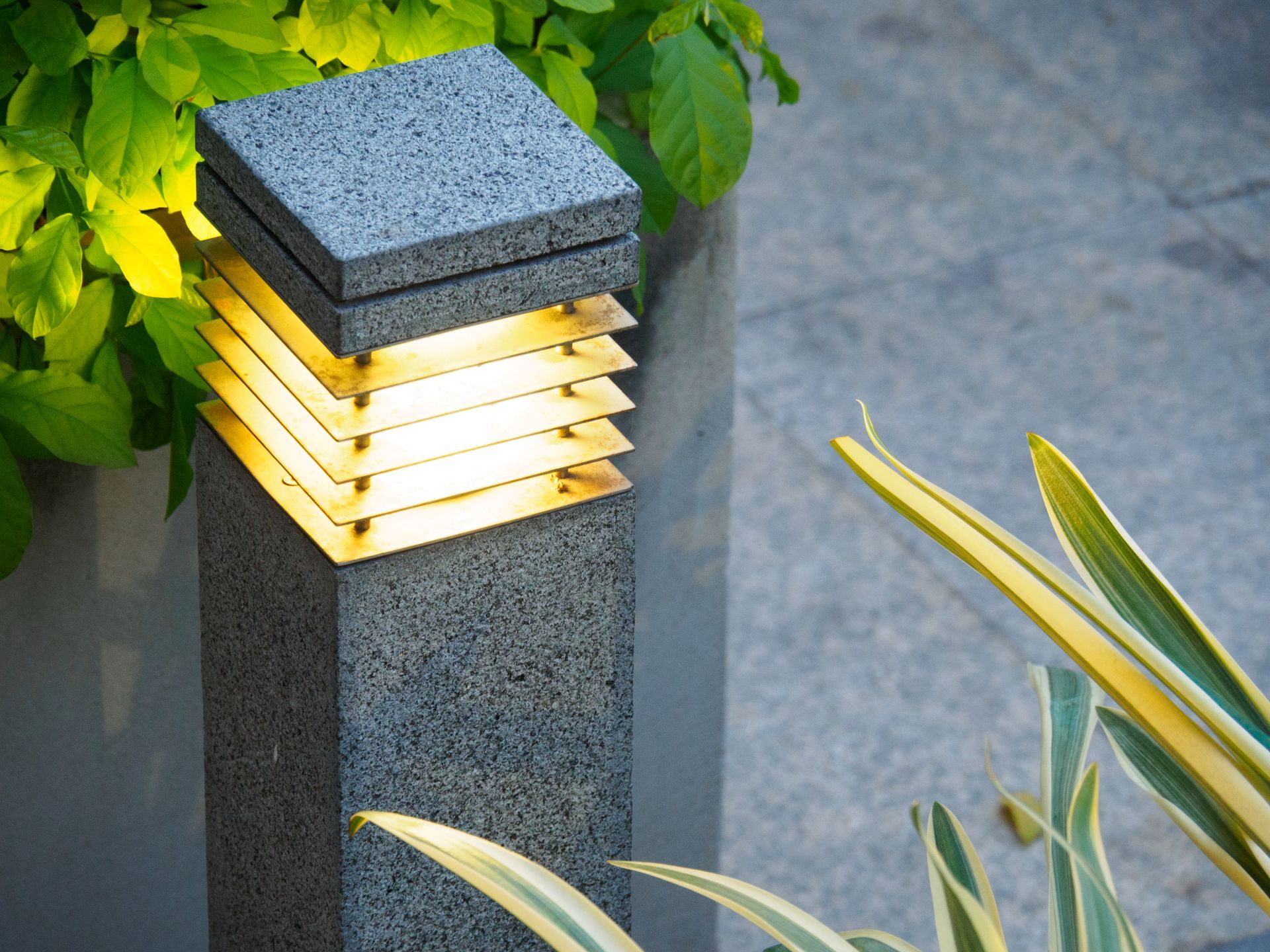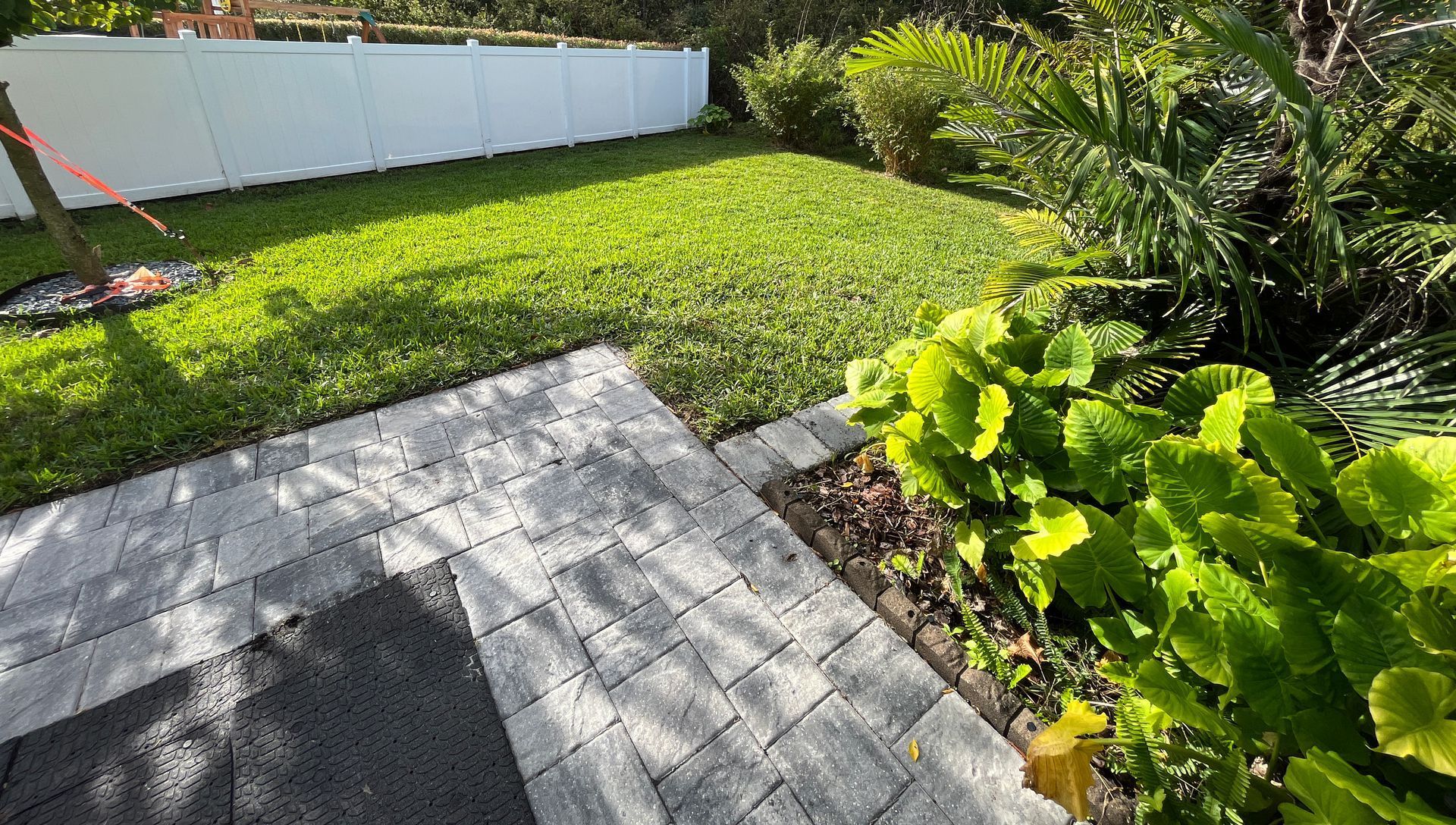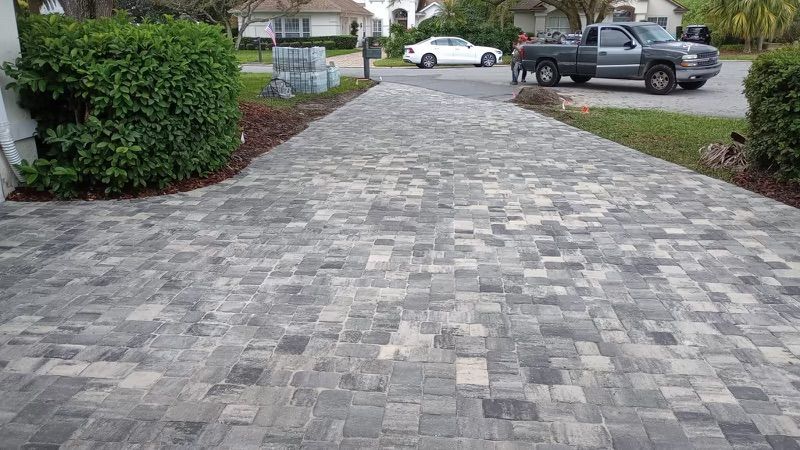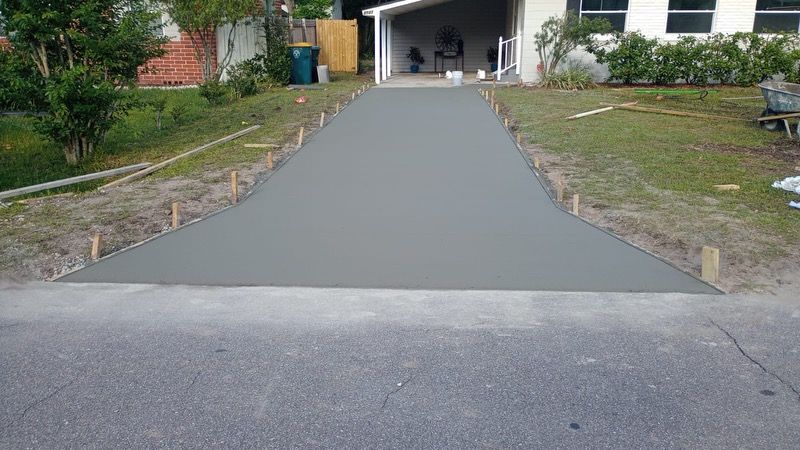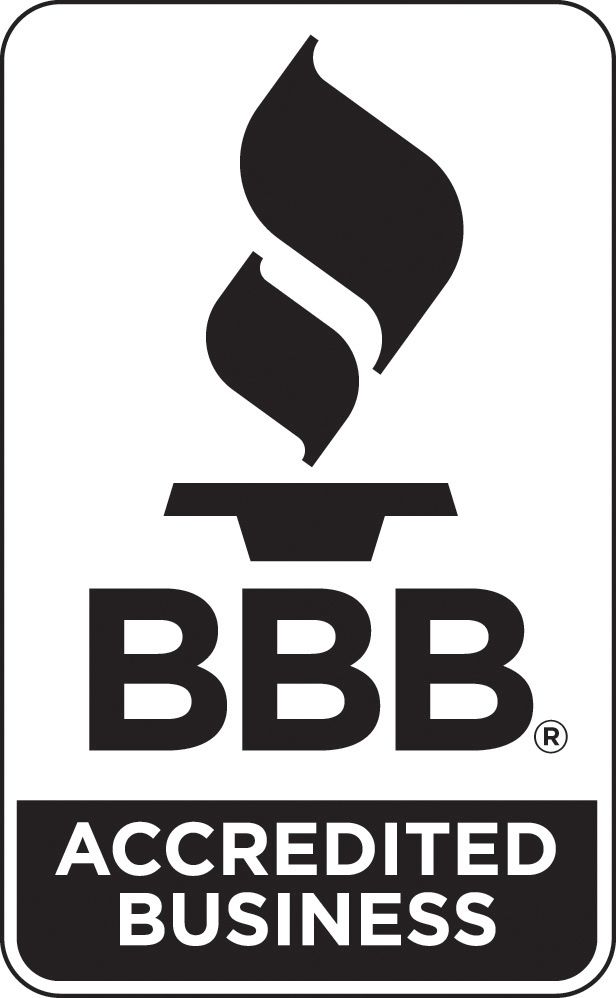Why Paver Sealing is the Best Decision You'll Make for Your Outdoor Flooring
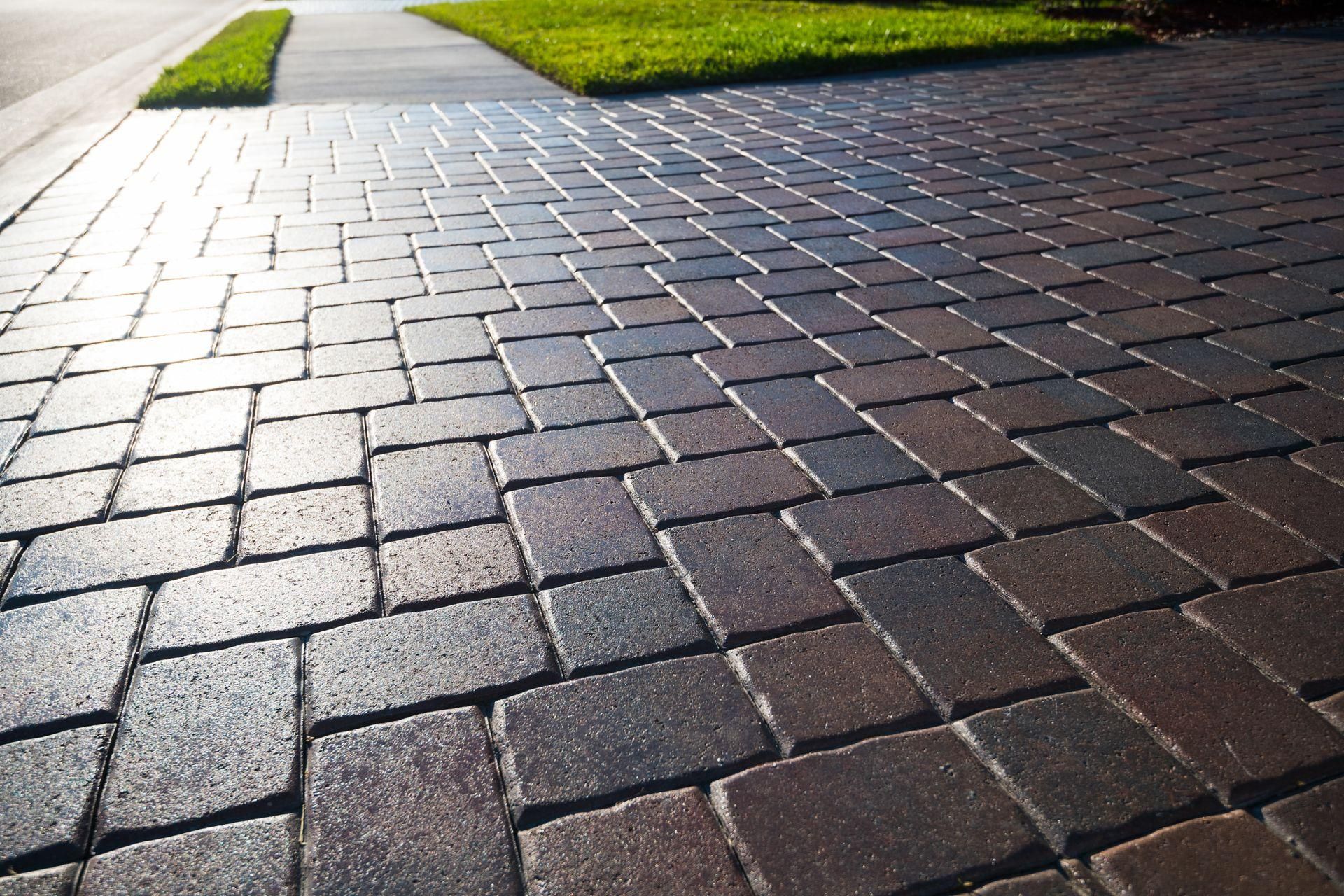
What Is Paver Sealing and Why Does It Matter?
Paver sealing is like sunscreen for your outdoor flooring. Just like how the sun can fry your skin if you don’t protect it, UV rays, rain, and general wear can wreak havoc on unsealed pavers. A good sealer locks in the beauty, strengthens the surface, helps prevent damage, and reduces maintenance time and costs.
Benefits of Sealing Your Pavers
Enhances Color & Appearance
Sealing brings out the natural color of pavers, making them look brand new. It provides a "just rained" effect without the actual rain.
Blocks Stains & Spills
A sealed surface repels oil, coffee, and other stains, making cleaning much easier and hassle-free.
Stops Weeds & Ant Infestation
By filling the gaps where weeds and ants love to settle, sealing keeps your floor looking neat without constant maintenance.
Prevents Water Damage & Cracking
Sealing reduces water absorption that leads to cracks and helps maintain the integrity of your flooring, preventing shifting and erosion.
Makes Maintenance a Breeze
Dirt, dust, and grime don’t stick as easily, allowing for simple sweeping and washing to keep pavers looking fresh.
Why Paver Sealing is a Vital Part of Flooring Services
Sealing protects the longevity of your investment, improves overall durability and functionality, and helps keep flooring cost-effective by preventing costly repairs. Compared to other flooring solutions, it is much less expensive and can be done quickly.
How Often Should You Seal Your Pavers?
Pavers should be sealed every 2-3 years for the best results. If you notice fading color, water no longer beading on the surface, or increased dirt buildup, it’s time for a reseal.
The Paver Sealing Process
Step 1: Cleaning
Pavers need to be power washed and scrubbed to remove stains and dirt before sealing.
Step 2: Drying
They must be completely dry for 24-48 hours before the sealer is applied.
Step 3: Applying the Sealer
A high-quality sealer is applied evenly across the surface to ensure full coverage.
Step 4: Dry Time
Avoid foot and vehicle traffic for at least 24 hours to let the sealer set properly.
DIY vs. Professional Paver Sealing
While DIY sealing is possible, it requires the right equipment, time, and attention to detail. A professional service ensures correct product use and application, saving time and preventing errors. If you're looking for expert paver sealing, Outdoor Transformations has you covered!
Q&A: Everything You Wanted to Ask About Paver Sealing
How long does paver sealing last?
Typically 2-3 years, depending on weather and foot traffic.
Does sealing make pavers slippery?
Some high-gloss sealers can be slippery, but grip additives are available for safety.
Can I seal pavers with stains?
No, always clean before sealing to avoid locking in stains.
Will sealing change paver color?
No, but it enhances natural tones, making colors more vibrant.
How soon after installation should pavers be sealed?
Wait 30-60 days to allow moisture to evaporate.
Is sealing worth it?
Absolutely! It protects pavers, extends their lifespan, and makes maintenance easy.
